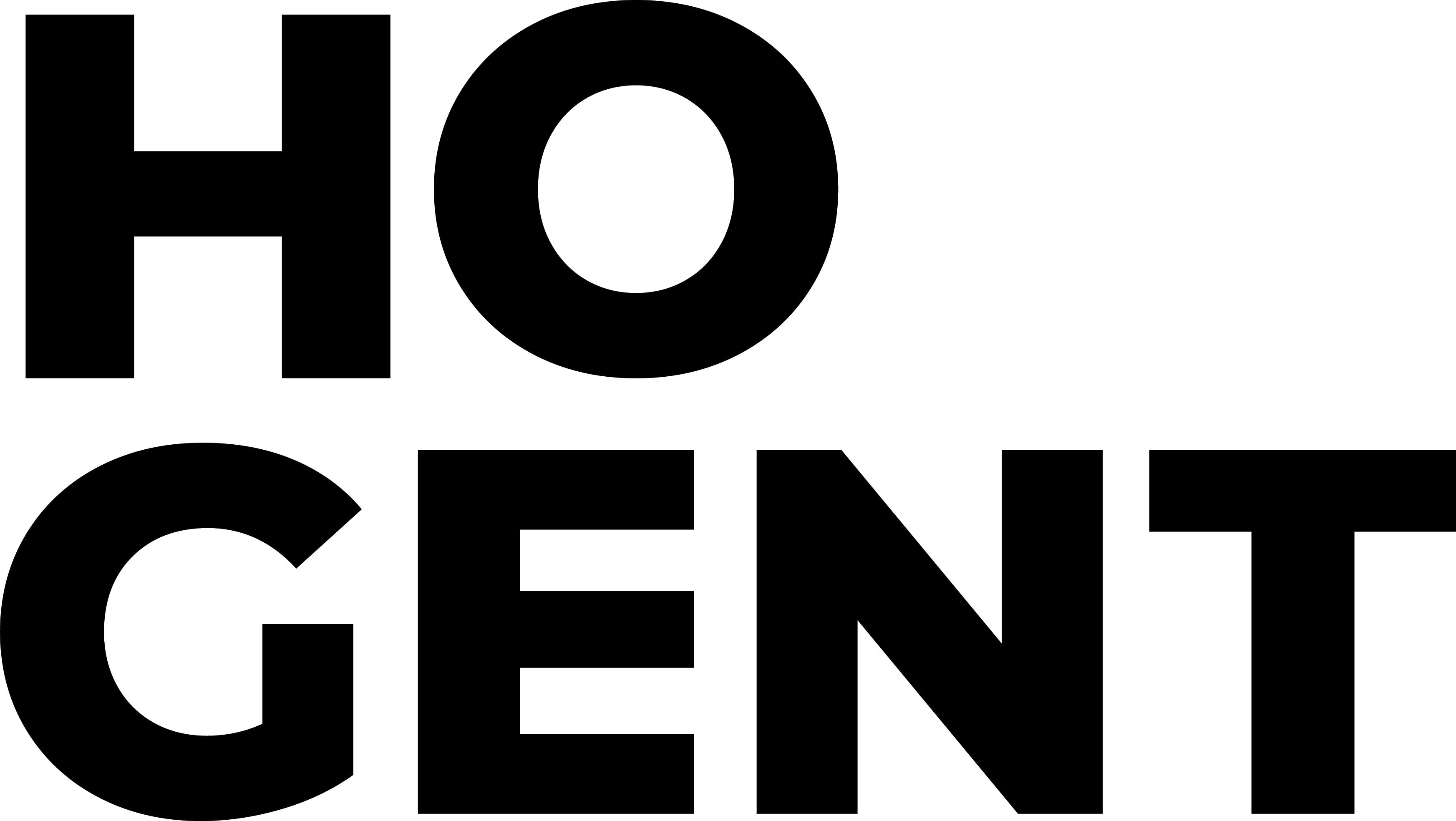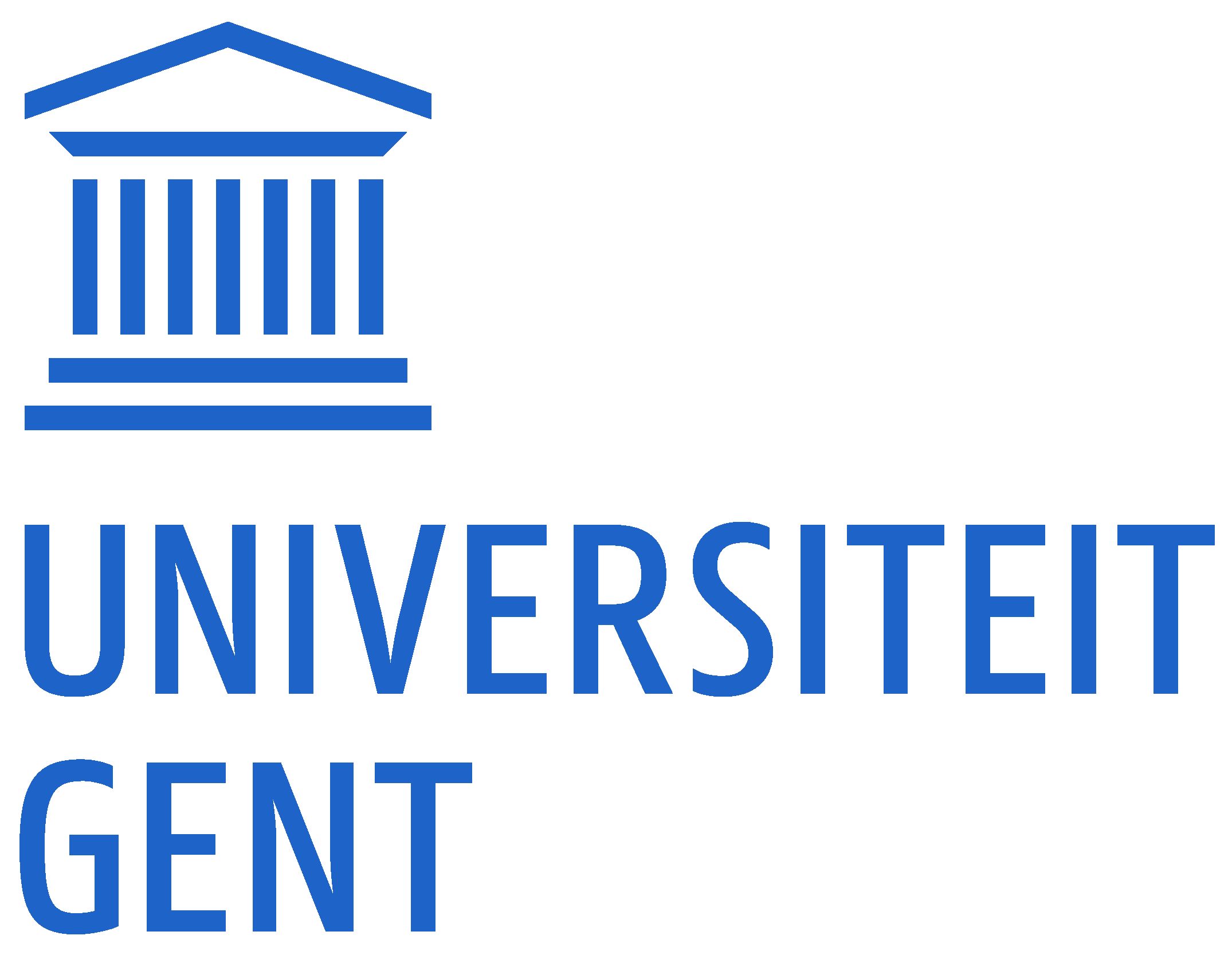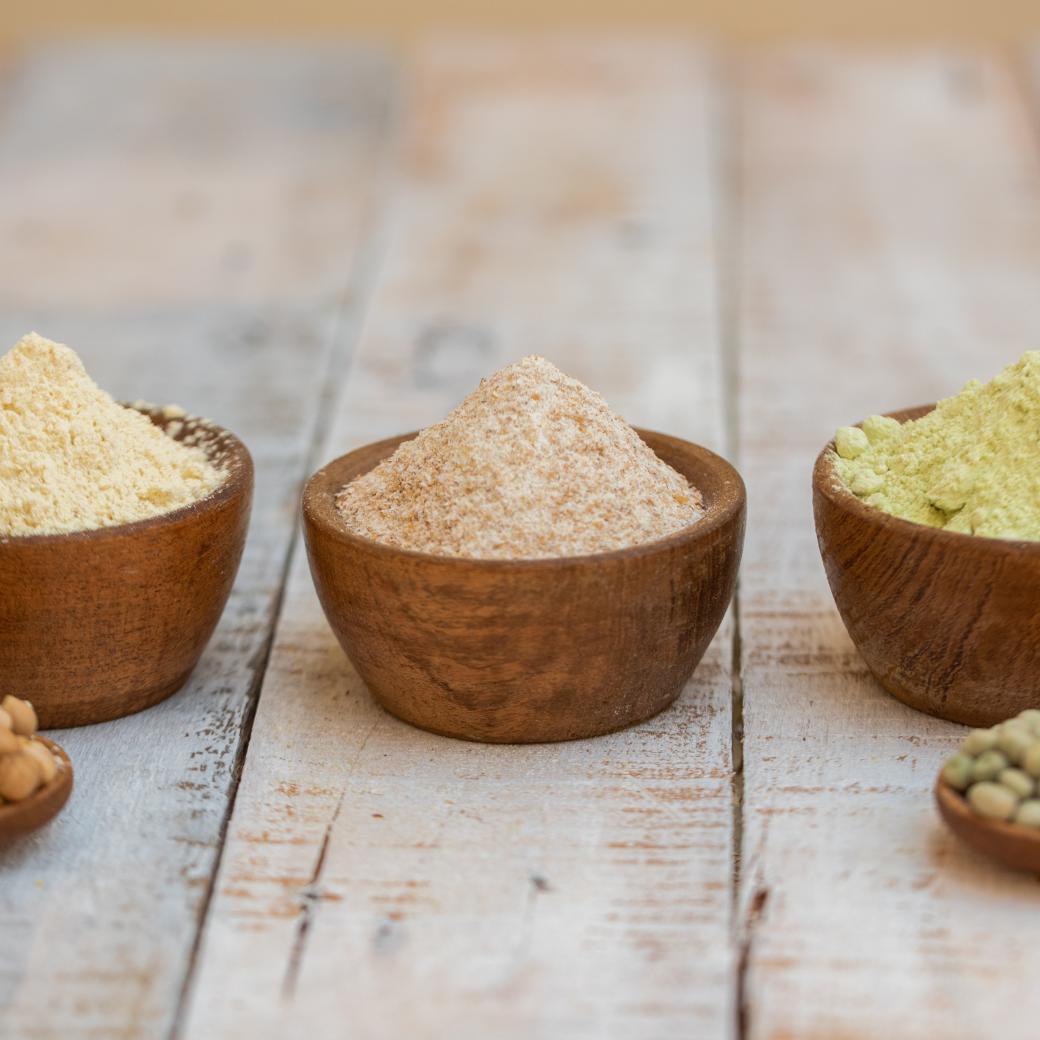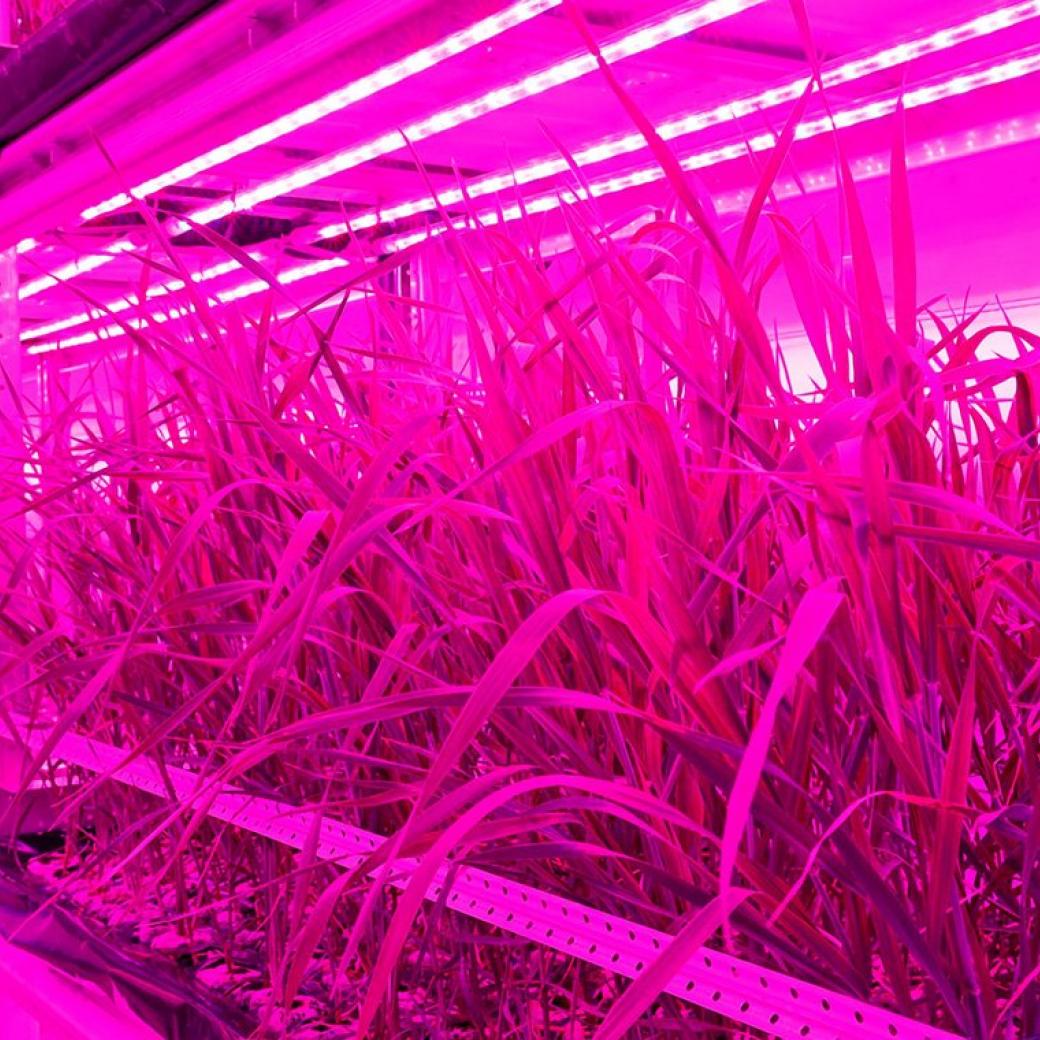PulseBake
With support of:

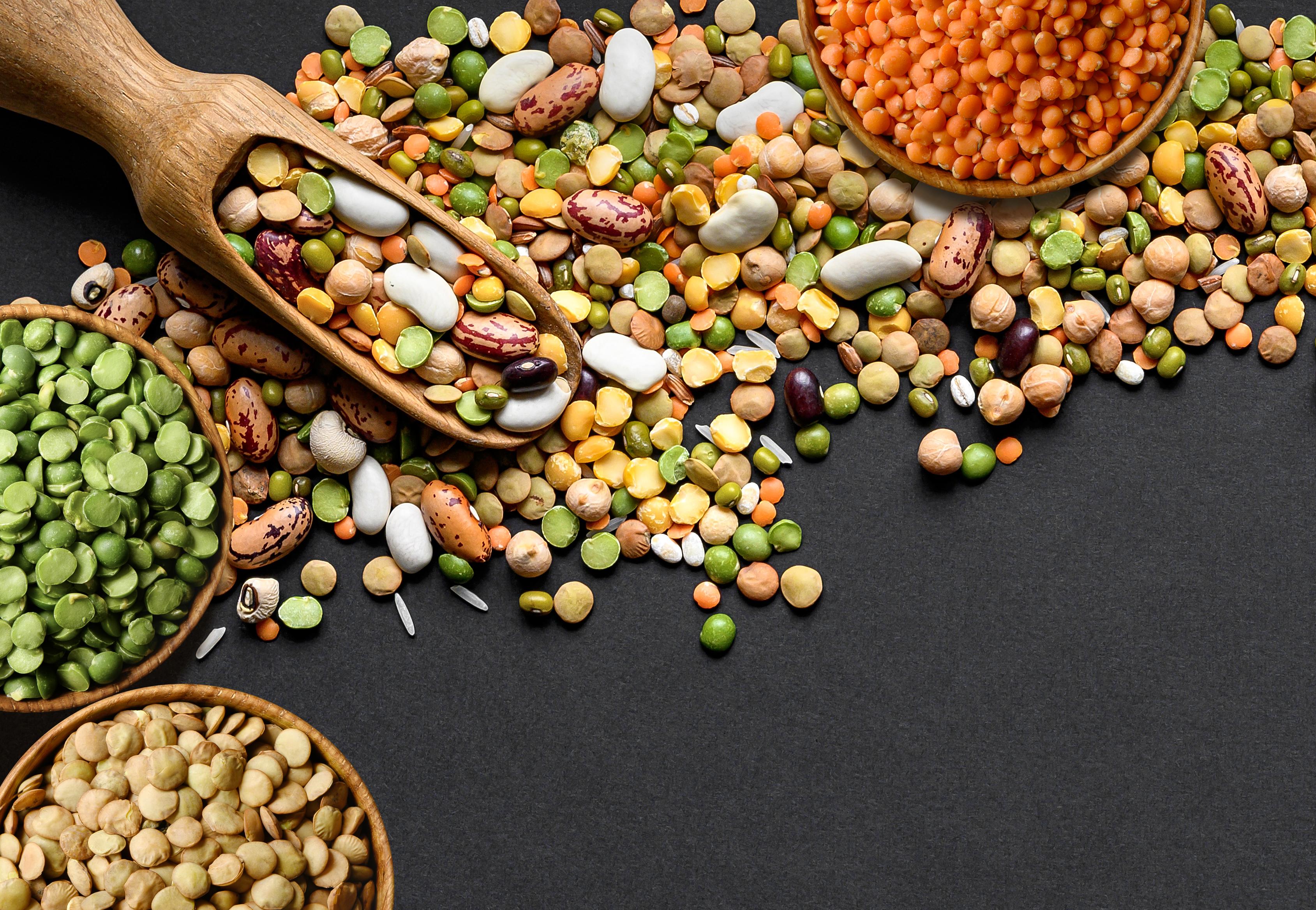
Legumes and derivatives as promising ingredients in the cereals and bakery sector
Why this project?
Wheat prices have risen 30% since August 2020. Mills, ingredient suppliers, and bakeries are also seeing other cost items such as packaging, energy, and logistics rise. To ensure the competitiveness of the cereals and bakery sector, diversification and innovation are a must. Global trends around sustainability and health play a major role here. In 2021, for instance, the Flemish Protein Strategy was launched by Minister Crevits and the Flemish Green Deal ‘Protein Shift on Our Plate’ was launched. The protein shift, in which we move towards a diet with more plant proteins, is also strongly promoted by European policies. This protein shift is bringing pulses (and their local cultivation) more to the fore.
Despite the commercial availability of pulses and derivatives, there is a need for more knowledge about the properties of these raw materials and their potential in the cereals and bakery sectors to nutritionally balance products, to develop plant-based products, and to use them optimally as techno-functional ingredients. This knowledge will accelerate innovation in the development of bakery products based on pulses.
Methodology and expected results
PulseBake is a TETRA project aiming to gather the available knowledge of five different legumes (specifically dry peas (Pisum sativum), field beans (Vicia faba), chickpeas (Cicer arietinum), dry beans (Phaseolus vulgaris), and lentils (Lens culinaris)) and their derivatives, and to translate these and the knowledge accumulated in the project for milling companies, ingredient suppliers, and bakeries.
Specifically, we aim to realise this objective by:
- Conducting a comprehensive literature review of already available knowledge on pulses.
- Identifying the nutritional, sensory, and techno-functional properties of commercially available samples.
- Drafting a sustainability assessment of legumes and derivatives.
- Conducting consumer research and market studies.
- Successfully applying the five types of pulses or derivatives in at least five applications in the cereals and bakery sector.
Target group
The PulseBake project focuses on the Flemish cereals and bakery sector and its suppliers:
- Industrial and artisan bakeries wishing to use pulses or derivatives in the development of innovative bakery products.
- Raw material suppliers who wish to offer pulses or derivatives to customers in a targeted manner.
- Milling companies wishing to incorporate pulses or derivatives into their products.
Project partners
The project is managed and executed by The AgroFoodNature Research Centre at HOGENT under the direction of Melissa Camerlinck (engineer and project coordinator) and the Department of Food Technology, Safety, and Health at Ghent University under the direction of Ingrid De Leyn (engineer) and Dr Filip van Bockstaele. FF supports the project as a subcontractor for dissemination and valorisation activities. The project is supported by Flanders Innovation & Entrepreneurship (VLAIO).
Keen to join?
The project started in October 2022 and runs until October 2024 (project duration: 2 years). For more information or if you are interested in participating, please contact project officer Ine Heetesonne (ine.heetesonne@ugent.be).
Contact FF
Interesting articles

From apple tree to innovation: meet B3ET

Sustainable animal feed from sweetcorn cobs: meet Trotec

